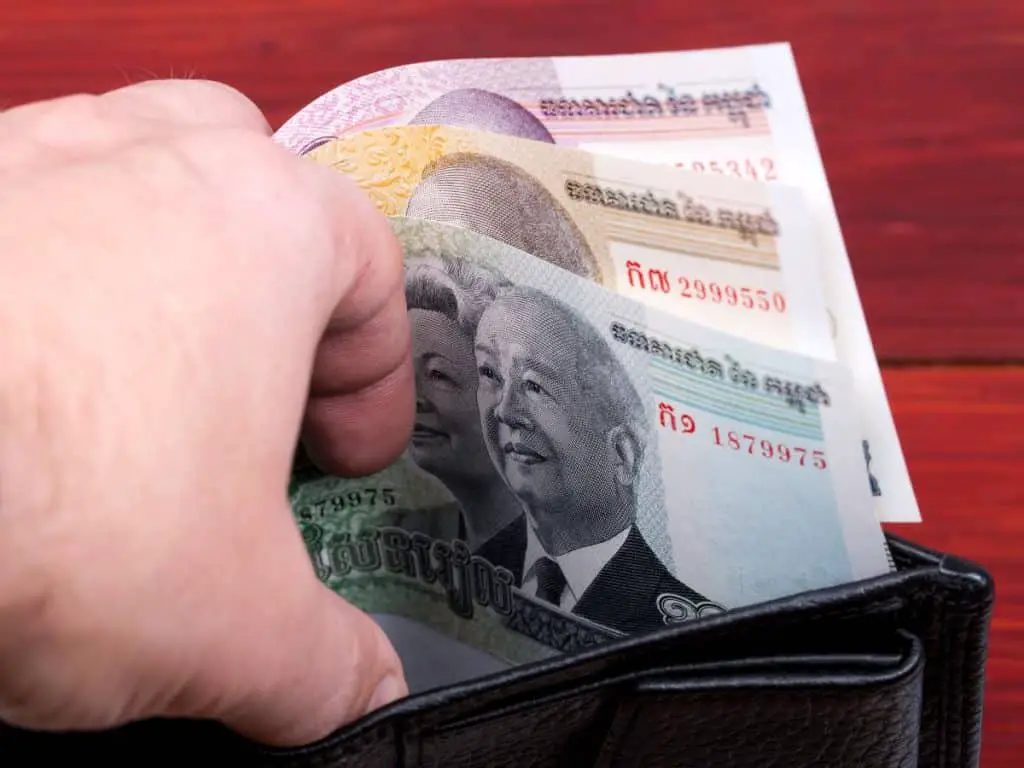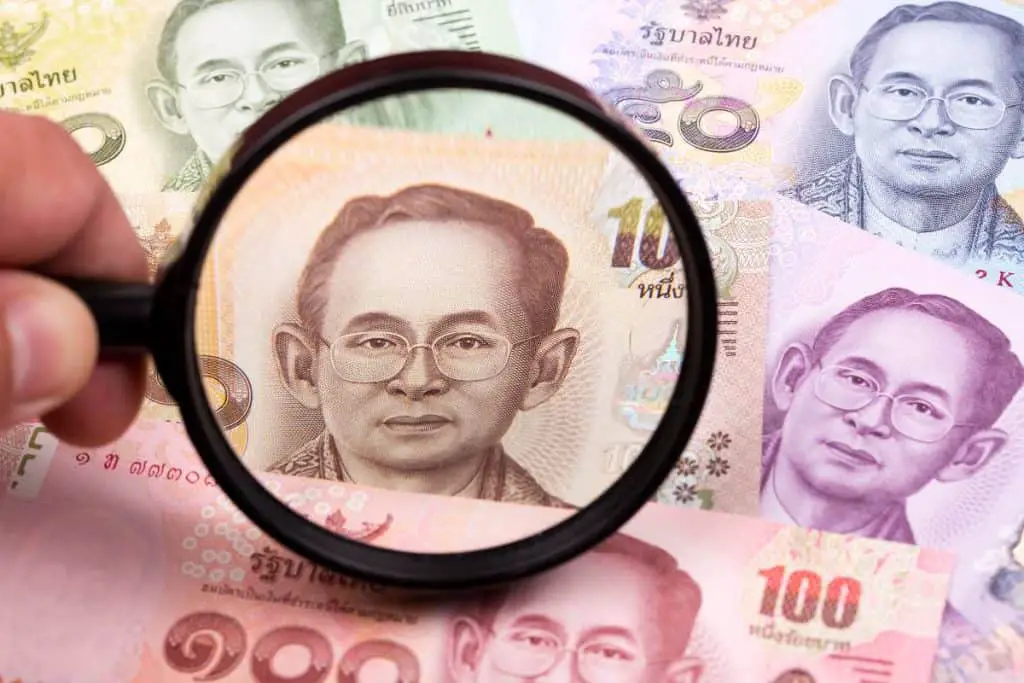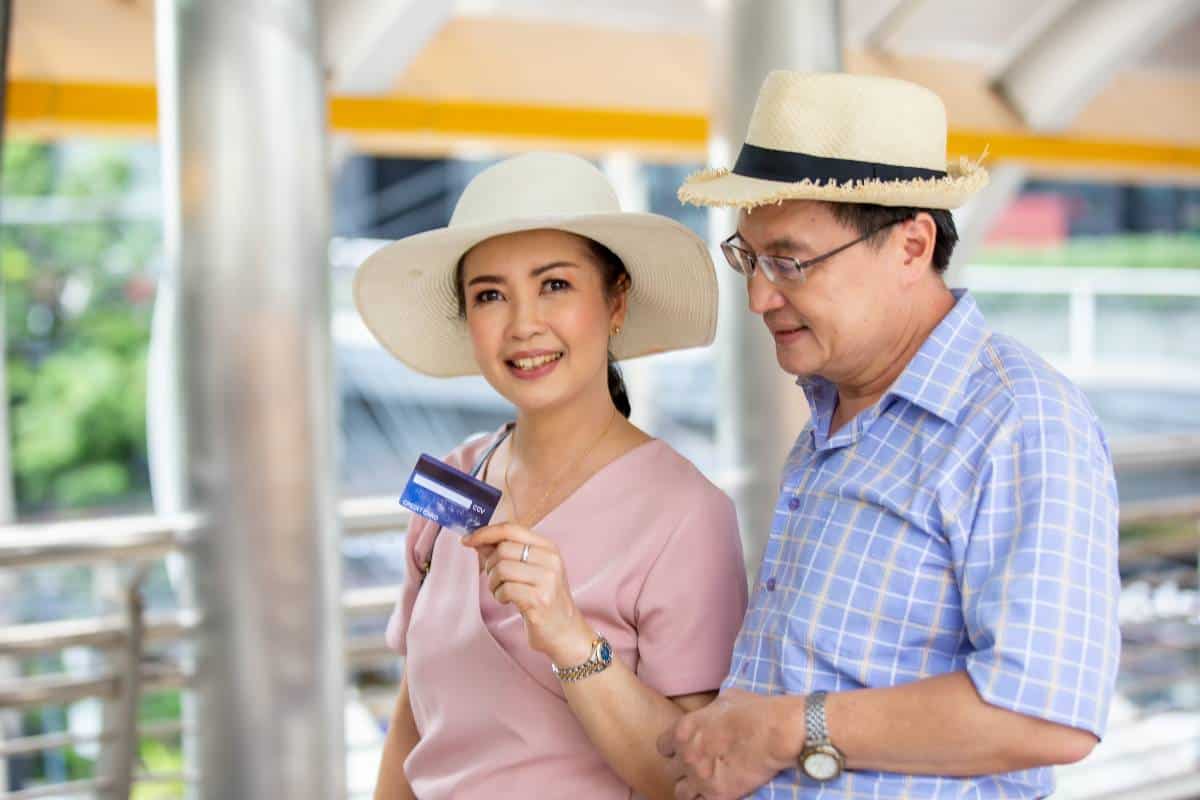Retirement Financial Scams Thailand And How To Avoid It
Sawadee krab! Tom Kitti here from BetterLivingAsia.com. After spending 35 years in the US, I thought I’d seen it all when it came to financial shenanigans. But let me tell you, the landscape of retirement financial scams in Thailand is a whole new ball game. It’s like stepping into a high-stakes poker match where the odds are stacked against you, and the dealer might be in cahoots with the other players.
As more and more retirees, both local and expat, choose to spend their golden years in the Land of Smiles, the threat of financial fraud looms larger than ever. It’s not just about losing a few baht here and there; we’re talking about life savings and retirement pensions vanishing faster than a plate of pad thai at a night market. But fear not, my friends! With the right knowledge and a healthy dose of skepticism, you can protect yourself and your hard-earned nest egg from these modern-day highway robbers.
Key Takeaways
- Retirement financial scams in Thailand are on the rise, targeting both local and expat retirees.
- The Thai government and banking sector are implementing robust measures to combat these scams.
- Awareness, education, and community support are crucial in protecting retirees from financial fraud.
Understanding the Landscape of Financial Scams in Thailand
Let’s dive into the murky waters of financial scams in Thailand, shall we? It’s like a greatest hits album of fraudsters, featuring:
- Call center scams: Picture smooth-talking con artists who could sell ice to an Eskimo, but instead, they’re trying to sell you on transferring your life savings.
- Online fraud and cybercrime: These digital desperados are like ninjas of the internet, sneaking into your accounts and making off with your baht before you can say “password123”.
- Investment schemes and crypto scams: Remember that old saying, “If it sounds too good to be true, it probably is”? Well, in Thailand, if it sounds too good to be true, it’s probably a scam involving imaginary gold mines or the next big cryptocurrency.
The statistics are sobering, my friends. According to Bangkok Post, financial losses from scams have skyrocketed in recent years. We’re talking billions of baht disappearing into thin air, like magic tricks gone horribly wrong.
And let’s not forget the role of technology in all this. These scammers are like evil geniuses, using every gadget and gizmo at their disposal to separate you from your money. It’s enough to make you want to stuff your savings under your mattress and call it a day!
Regulatory Framework and Government Initiatives
Now, before you start thinking Thailand is the Wild West of financial fraud, let me assure you that the powers that be are not sitting idly by. The Thai government and various agencies are working harder than a tuk-tuk driver during rush hour to combat these scams.
Leading the charge is the Bank of Thailand, acting like the superhero of the financial world. They’re implementing stricter regulations faster than you can say “tom yum goong”. Then we have the Digital Economy and Society Ministry, fighting the good fight against online scams with the ferocity of a Muay Thai boxer.
Let’s not forget the Anti-Money Laundering Office (Amlo). These folks are like financial detectives, sniffing out suspicious transactions and following the money trail. And with the Royal Decree on Cyber Crime Prevention, Thailand is laying down the law like a stern parent grounding a mischievous child.
But wait, there’s more! The Anti Online Scam Operation Center (AOC) is like Mission Control for fighting fraud. They’re monitoring, tracking, and shutting down scams faster than you can click “Send” on a dubious email.
Banking Sector’s Response to Retirement Scams
The Thai banking sector isn’t just sitting pretty either. They’re rolling up their sleeves and getting into the fight like it’s a national sport. The Thai Bankers’ Association (TBA) is leading the charge, implementing initiatives that would make even the most tech-savvy scammer break out in a cold sweat.
One of their star players is the Central Fraud Register (CFR). Think of it as a naughty list for suspicious accounts. If an account shows up on this list, it’s getting more side-eye than a tourist wearing socks with sandals.
But that’s not all, folks! Banks are beefing up their digital banking security faster than you can say “two-factor authentication”. We’re talking facial recognition, biometric scans, and enough encryption to make a spy movie jealous.
And let’s not forget about education. Banks are running customer awareness programs like they’re training for a marathon. They’re determined to make sure you know your phishing from your pharming, and your smishing from your vishing.

Anatomy of a Retirement Financial Scam
Now, let’s dissect these scams like a high school biology class, shall we? These fraudsters have more tricks up their sleeves than a magician at a Las Vegas show.
Common tactics include:
- Impersonating officials (because who doesn’t love a good costume party?)
- Creating a false sense of urgency (like trying to catch the last songthaew of the night)
- Exploiting emotions (tugging at heartstrings harder than a sob story on a Thai soap opera)
Red flags to watch out for:
- Unsolicited contact (if you didn’t ask for it, be suspicious!)
- Requests for personal information (your mother’s maiden name is not public knowledge for a reason)
- Pressure to act quickly (good decisions are rarely made in a hurry, unless it’s choosing between mango sticky rice and coconut ice cream)
Let me share a quick case study: Poor old Mr. Johnson, an expat retiree, got a call from someone claiming to be from his bank. Before he knew it, he’d given away his life savings faster than you can say “som tam”. Don’t be like Mr. Johnson, folks!
The Unique Vulnerability of Retirees in Thailand
Now, you might be wondering, “Tom, why are retirees in Thailand more vulnerable than a newborn kitten in a roomful of rocking chairs?” Well, let me break it down for you:
- Cultural factors: Thai culture emphasizes respect for elders, which scammers exploit faster than you can say “wai”.
- Language barriers: For expat retirees, navigating financial matters in Thai can be trickier than using chopsticks for the first time.
- Isolation and loneliness: Retirement in a new country can sometimes feel lonelier than a solo karaoke night, making folks more susceptible to friendly-sounding fraudsters.
- Cognitive decline: As we age, our ability to spot a scam can become as fuzzy as a durian’s exterior.

Protecting Yourself: Prevention Strategies
Alright, my friends, it’s time to armor up against these financial fraudsters. Here’s your battle plan:
- Digital hygiene: Keep your online presence cleaner than a 5-star hotel bathroom.
- Verify, verify, verify: If someone claims to be from your bank, hang up and call the bank directly. Trust, but verify!
- Understand bank security: Get to know your bank’s security features like they’re your new best friends.
- Financial literacy: Educate yourself about finances. It’s never too late to learn, and it’s more fun than you might think!
Remember, protecting your finances is like applying sunscreen at the beach – it might seem like a hassle, but you’ll be glad you did it!
What to Do If You’ve Been Scammed
Uh-oh! If you’ve fallen victim to a scam, don’t panic. Here’s what to do:
- Contact your bank immediately (faster than you’d run to catch a departing bus)
- Report the scam to the Thai police and file a report
- Reach out to the Anti Online Scam Operation Center (AOC) hotline at 1441
- Seek support – remember, you’re not alone in this!
The Role of Family and Community in Prevention
Folks, preventing scams is a team sport! Here’s how we can all pitch in:
- Educate your family members about potential risks (make it a dinner table topic – more interesting than discussing the weather!)
- Create a support network for retirees (because we’re stronger together, like ingredients in a good curry)
- Get involved in community-based initiatives for fraud prevention (it’s like neighborhood watch, but for your wallet)
Remember, looking out for each other is what makes a community stronger than a double shot of Thai iced tea!
Comparative Analysis: Thailand vs. Other Southeast Asian Countries
Now, you might be wondering, “Is Thailand the only country dealing with these scams?” Well, let me tell you, retirement scams are like spicy food in Southeast Asia – they’re everywhere, but each place has its own flavor.
Countries like Malaysia and Singapore are also grappling with similar issues. But here’s the kicker – they’re all learning from each other, sharing best practices faster than gossip spreads in a small village.
Thailand, for its part, is implementing some cutting-edge strategies that are turning heads across the region. It’s like we’re in a friendly competition to see who can outsmart the scammers first!
The Future of Retirement Financial Security in Thailand
Looking ahead, the future of retirement financial security in Thailand is brighter than a full moon party on Koh Phangan. We’re talking:
- Emerging technologies that can spot a scam faster than you can say “tom yum”
- Potential regulatory changes that will make scammers think twice (or thrice!)
- International cooperation that’s crossing borders faster than a tuk-tuk weaving through Bangkok traffic
And let’s not forget, that as scammers evolve, so do our defenses. It’s like a never-ending game of cat and mouse, but with better technology and more determination on our side!
FAQs
What are the most common types of retirement financial scams in Thailand?
The most prevalent scams include call centre scams, online fraud, and investment schemes, particularly those involving cryptocurrency.
How can I verify if a financial opportunity in Thailand is legitimate?
Always research the company or individual offering the opportunity, check with official regulatory bodies, and be wary of unsolicited offers or pressure to make quick decisions.
What should I do if I suspect I’ve fallen victim to a retirement scam in Thailand?
Immediately contact your bank, report the scam to the Thai police, and reach out to the Anti Online Scam Operation Center (AOC) hotline at 1441 for assistance.
How are Thai banks improving their security measures to protect retirees?
Thai banks are implementing advanced security features like biometric authentication, enhanced encryption, and customer education programs to combat financial fraud.
What role can family members play in protecting retirees from financial fraud in Thailand?
Family members can educate themselves about potential scams, help monitor financial activities, and create a support network to discuss financial decisions and potential risks.
Conclusion
Well, folks, we’ve taken quite a journey through the world of retirement financial scams in Thailand. Remember, staying safe is all about staying informed, staying alert, and staying connected. With the right knowledge and a healthy dose of skepticism, you can enjoy your retirement in Thailand without falling prey to these modern-day swindlers.
At BetterLivingAsia.com, we’re committed to helping you in any way we can, contact us here if you have any questions!






